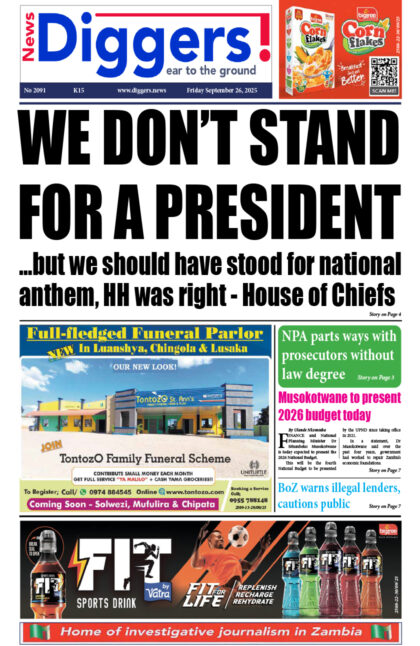Delegates at the ongoing National Dialogue Forum have adopted the resolution to amend Article 81 of the Constitution to allow members of parliament run for a full term of five years until the outcome of the next general election.
And the Forum has rejected the proposal to merge the Supreme Court and Constitutional Courts, instead proposing that the Chief Justice should be allowed to sit on both Courts.
Once this proposed amendment to Article 81 is approved and enacted into law, ministers will be allowed to continue in office even during campaign times and members of parliament will also campaign in their capacities as lawmakers as there will be no dissolution of parliament in essence.
Since the National Dialogue Forum began its deliberations on 24th April, 2019, government has proposed a total of about 80 amendments to the national Constitution, including the merging of the Constitutional Court with the Supreme Court.
The Forum has, however, rejected the proposal to merge the Supreme and Constitutional Courts.
As the National Dialogue Forum entered into day 9 of deliberations yesterday afternoon, participants continued adopting and rejecting proposed amendments to the Constitution, including the adoption the resolution to amend Article 81 of the Constitution of Zambia to allow Members of Parliament run for a full term of 5 years until the next general election.
The Forum has also resolved that matters which are connected with amendments that have been provided such as reintroduction of deputy ministers be discussed extensively as part of secondary matters.
There has been general observation that some provisions which provide for detailed matters must be relegated to subsidiary legislation to be enacted through an Act of Parliament. These include provisions such as proceedings of the National Assembly, removal of Clerk of the National Assembly as provided in Articles 75 to 80 of the Constitution of Zambia.
The National Dialogue Forum which begun sitting last Month has attracted a total of about 270 delegates who include National Assembly staff, political parties, Church leaders, government officials, traditional leaders, civil society organizations and ordinary citizens.
























